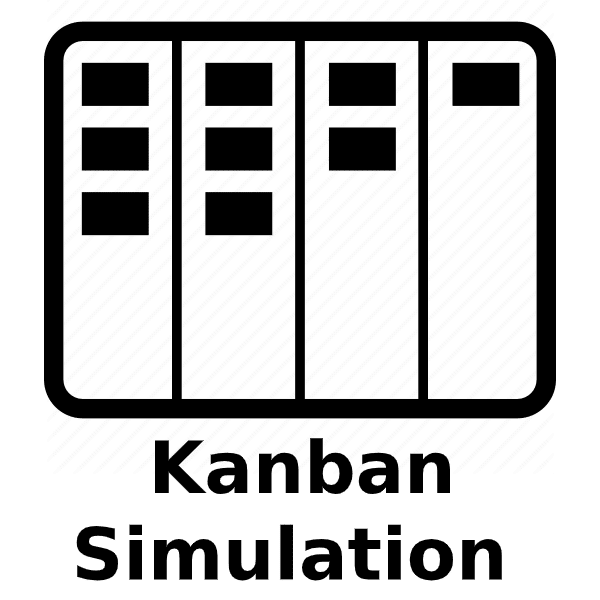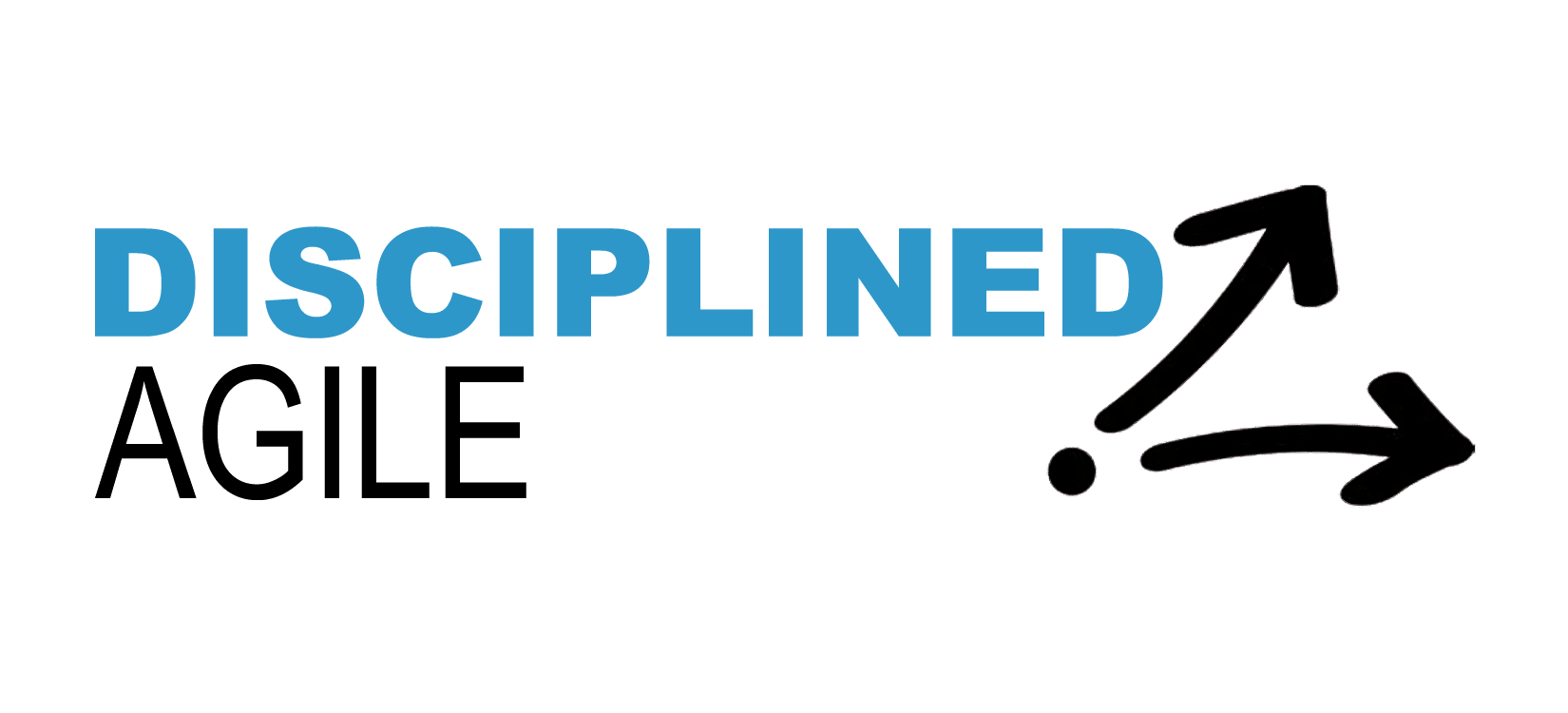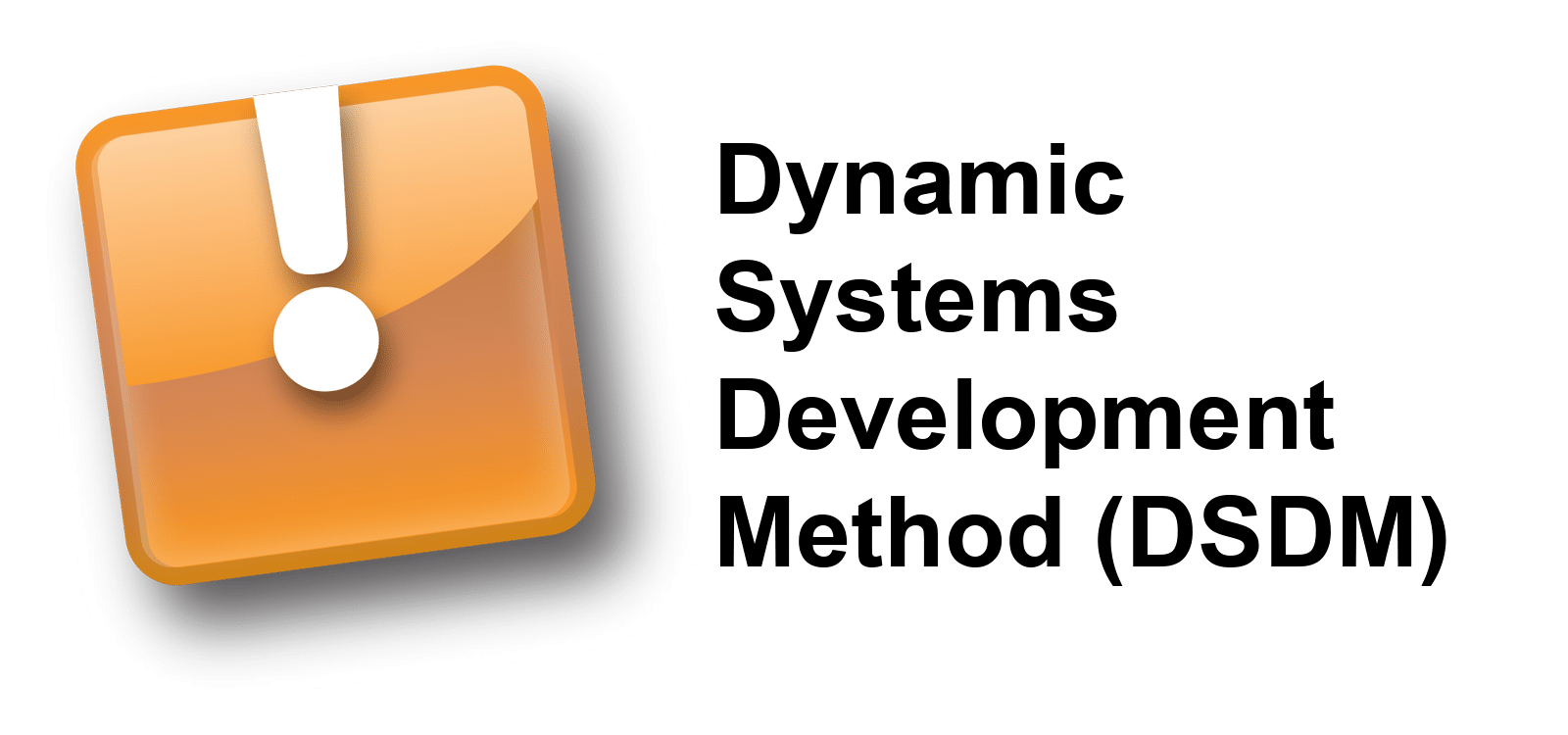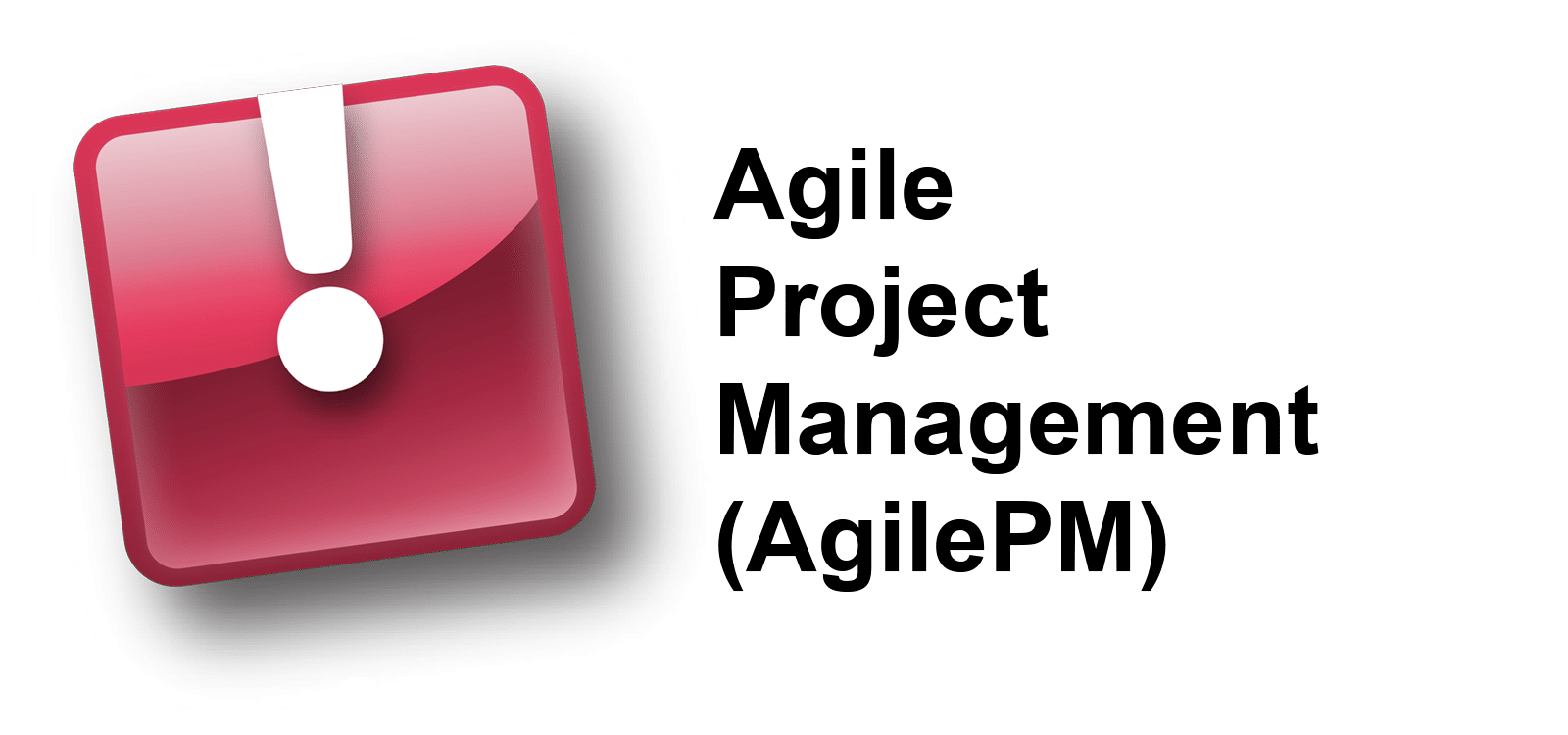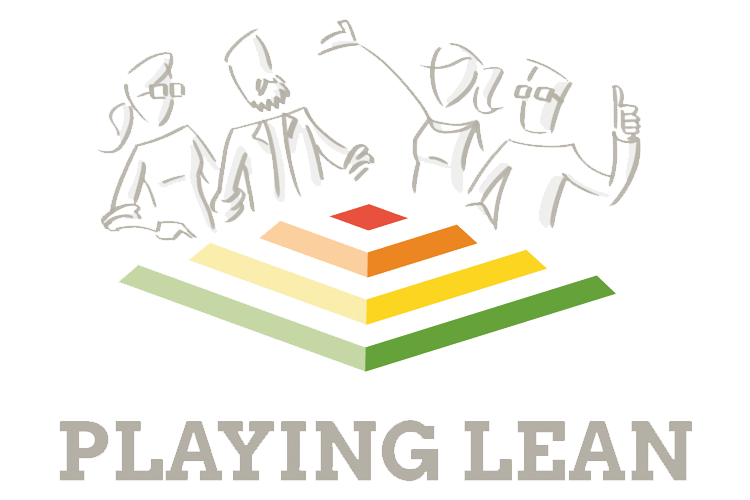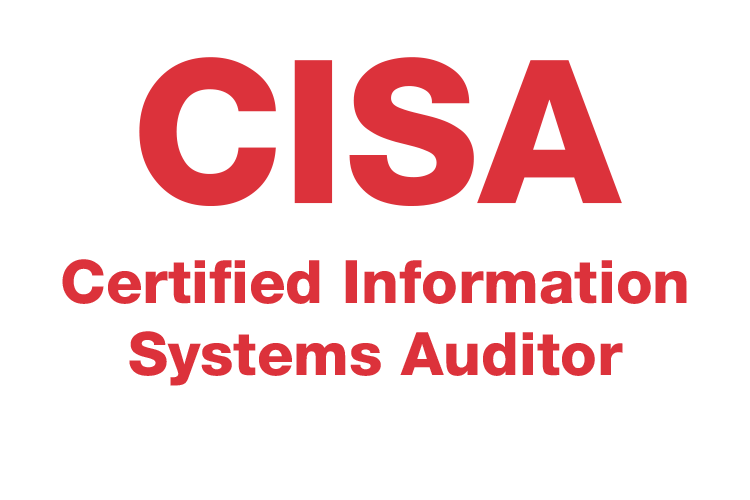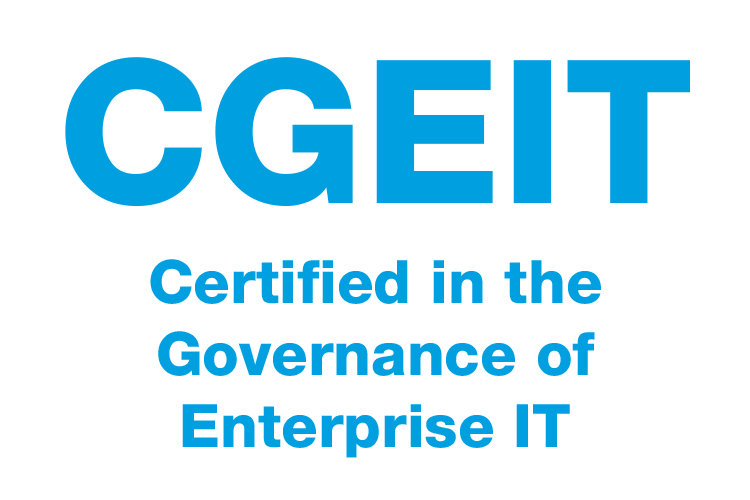Scrum has a precise fixed time frame for both production and planning (Sprint). The success of this approach is largely influenced by team discipline and strict compliance with Scrum principles. It is the Scrum Master that ensures compliance with and dissemination of knowledge about Scrum’s principles. It helps in removing obstacles that may disrupt the planned course of work.
Scrum
Scrum Master
Product Owner
The two-day Product Owner training prepares participants to act as Product Owner in the Scrum team. Through exercises, discussions and lectures, participants learn about Scrum’s principles, and how Product Owner works with the Scrum Team to maximize value. The training guides listeners through the process of defining the product: from creating a Product Vision, through determining Business Drivers and writing expectations in the form of User Stories, to the preparation of the Product Backlog and the Release Plan.
Kanban
Kanban Simulation
In the IT world, Kanban is used by the recently fashionable agile methods to improve the daily work of programmers teams, project managers, managers and also increasingly in the operational world.
We teach people to apply Kanban at the service-delivery level, not the team level, to understand and use Kanban systems, and to design Kanban systems for services within their organizations using the systems thinking approach. Students learn many Kanban system elements such as work item types, classes of service, workflow activities, commitment points, replenishment, delivery planning, explicit policies, visualization of risk, cadences, transaction costs, coordination costs, and so on. They learn what to observe in their unique business environments and how to incorporate their understanding into their Kanban system design. The GetKanban game within the context of this class allows them to actually learn these things by experiencing them. Much better than listening to a lecture!
Scaled Agile Framework (SAFe)
Leading SAFe®
During this two-day course, attendees gain the knowledge necessary to lead a Lean-Agile enterprise by leveraging the Scaled Agile Framework® (SAFe®) and its underlying principles derived from Lean, systems thinking, Agile development, product development flow, and DevOps.
SAFe® Scrum Master
In this two-day course, attendees gain an understanding of the role of a Scrum Master in a SAFe enterprise. Unlike traditional Scrum Master training that focuses on the fundamentals of team-level Scrum, the SAFe Scrum Master course explores the role of the Scrum Master in the context of the entire enterprise, and prepares attendees to successfully plan and execute the Program Increment (PI), the primary enabler of alignment throughout all levels of a SAFe organization. This includes learning the key components of Agile at scale development, how Scrum is facilitated throughout the enterprise, and how to execute Iteration Planning.
SAFe® Advanced Scrum Master
This two-day course prepares current Scrum Masters for their leadership role in facilitating Agile team, program, and enterprise success in a Scaled Agile Framework (SAFe) implementation.
The course covers facilitation of cross-team interactions in support of program execution and relentless improvement. It enhances the Scrum paradigm with an introduction to scalable engineering and DevOps practices, the application of Kanban to facilitate the flow of value, and supporting interactions with architects, product management, and other critical stakeholders in the larger program and enterprise contexts. The course also offers actionable tools for building high-performing teams and explores practical ways of addressing Agile and Scrum anti-patterns in the enterprise.
SAFe® for Teams
Build the skills needed to become a high-performing team member of an Agile Release Train (ART)—and learn how to collaborate effectively with other teams—by becoming a SAFe® 5 Practitioner.
During this two-day course, gain an in-depth understanding of the ART, how it delivers value, and what you can do to effectively perform your role using Scrum, Kanban, and XP. Learn how to write stories and break down features, plan and execute iterations, and plan Program Increments. Finally, learn about the continuous delivery pipeline and DevOps culture, how to effectively integrate with other teams in the program, and what it takes to continuously improve the train.
SAFe® Product Owner / Product Manager
Develop the skillsets needed to guide the delivery of value in a Lean enterprise by becoming a SAFe® 5 Product Owner/Product Manager (POPM). During this two-day course, attendees gain an in-depth understanding of how to effectively perform their role in the Agile Release Train (ART) as it delivers value through Program Increments.
Attendees explore how to apply Lean thinking to decompose Epics into Features and Stories, refine Features and Stories, manage Program and Team backlogs, and to plan and execute Iterations and Program Increments. Attendees also discover how the Continuous Delivery Pipeline and DevOps culture contribute to the relentless improvement of the ART.
SAFe® DevOps
To compete in a disruptive global market, every organization needs to deliver valuable technology solutions at the speed of business. This requires a shared DevOps mindset among all the people needed to define, build, test, deploy, and release software-driven systems—not just the engineers operating a CI/CD pipeline.
SAFe® for Architects
Attendees can improve collaboration and alignment in a SAFe® Lean-Agile enterprise when they become a SAFe 5 Architect. The SAFe® for Architects course prepares System, Solution, and Enterprise Architects to engage across the organization as effective leaders and change agents who collaboratively deliver architectural solutions.
Agile Software Engineering
The discipline of software engineering has evolved with the introduction of Lean-Agile and DevOps principles and practices. New skills and approaches help organizations deliver software-centric solutions faster, more predictably, and with higher quality.
During this three-day, workshop-oriented course, attendees learn the foundational principles and practices that make up the Agile Software Engineering discipline. Attendees learn how continuous flow of value delivery and built-in quality are enabled by modern practices including XP technical practices, Behavioral-Driven Development (BDD), and Test-Driven Development (TDD).
Agile Product Management
The Agile Product Management course harnesses the power of Design Thinking to develop innovative solutions with proven SAFe capabilities to execute on those visions. Learn the right mindset, skills, and tools to create successful products—from inception to retirement—using Agile techniques.
Recognize how Continuous Exploration fuels innovation and helps you define a vision, strategy, and roadmap to tap into new markets. Find out how to accelerate the product life cycle to get fast feedback and quickly deliver exceptional products and solutions that delight customers—all while aligning with your organization’s strategy, portfolio, evolving architecture, and solution intent.
Lean Portfolio Management
In this three-day workshop style course, attendees gain the practical tools and techniques necessary to implement the Lean Portfolio Management functions of Strategy and Investment Funding, Agile Portfolio Operations and Lean Governance.
Participants in the course have the opportunity to capture the current and the future state of their portfolio with the Portfolio Canvas tool and identify important business initiatives for achieving the future state. Participants also explore methods to establish portfolio flow with the Portfolio Kanban and prioritize initiatives for maximum economic benefit. The course also provides insights on how to establish Value Stream Budgets and Lean Budget Guardrails and measure the Lean portfolio performance.
Disciplined Agile Delivery (DAD)
Disciplined Agile 2.1
Disciplined Agile (DA) allows you to choose your IT process for delivering sophisticated agile solutions in the enterprise. It builds on the existing proven practices from agile methods such as Scrum, Extreme Programming (XP), Lean software development, Kanban, Unified Process, Agile Modeling and others to include other aspects necessary for success in the enterprise. Discipline Agile (DA) fills in the gaps left by mainstream methods by providing guidance on how to effectively plan and kickstart complex projects as well as how to apply a full lifecycle approach, with lightweight milestones, effective metrics, and agile governance.
Dynamic Systems Development Method (DSDM)
DSDM AgilePF Foundation
Training participants will learn about the most important assumptions of the DSDM AgilePF methodology. The DSDM methodology was developed by the DSDM consortium (now the Agile Business Consortium), which dates back to 1994, i.e. before the creation of the Agile manifesto (developed in 2001). The methodology is particularly popular in Great Britain and is used for agile project management while maintaining traditional structures such as Steering Committees.
During the training, participants will learn all the elements of the DSDM AgilePM methodology such as design roles, processes, meetings, management products and techniques present in this methodology.
AgilePM / AgilePgM / AgileBA
Agile Project Management (AgilePM) Foundation
AgilePM (Agile Project Management) is an internationally valued methodology for agile project management (especially in the UK). The basis on which the latest version of the methodology (v2) was created is The DSDM Agile Project Framework (Dynamic Systems Development Method) approach, which enables fast and safe implementation of projects in organizations requiring precision and transparency throughout the entire project life cycle. It is particularly used in projects where the scope of the project may change.
Participants of the training will learn about the most important assumptions of the AgilePM methodology in its latest edition V2. They learn all design roles, management products and techniques present in this methodology.
Agile Project Management (AgilePM) Practitioner
AgilePM (Agile Project Management) is an internationally valued methodology for agile project management (especially in the UK). The basis on which the latest version of the methodology (v2) was created is The DSDM Agile Project Framework (Dynamic Systems Development Method) approach, which enables fast and safe implementation of projects in organizations requiring precision and transparency throughout the entire project life cycle. It is particularly used in projects where the scope of the project may change.
The AgilePM Practitioner training is implemented in the form of lectures and exercises. The practical aspects of the project carried out in accordance with the AgilePM methodology are discussed. The emphasis is on applying the methodology in practice and on preparing participants for the AgilePM Practitioner exam.
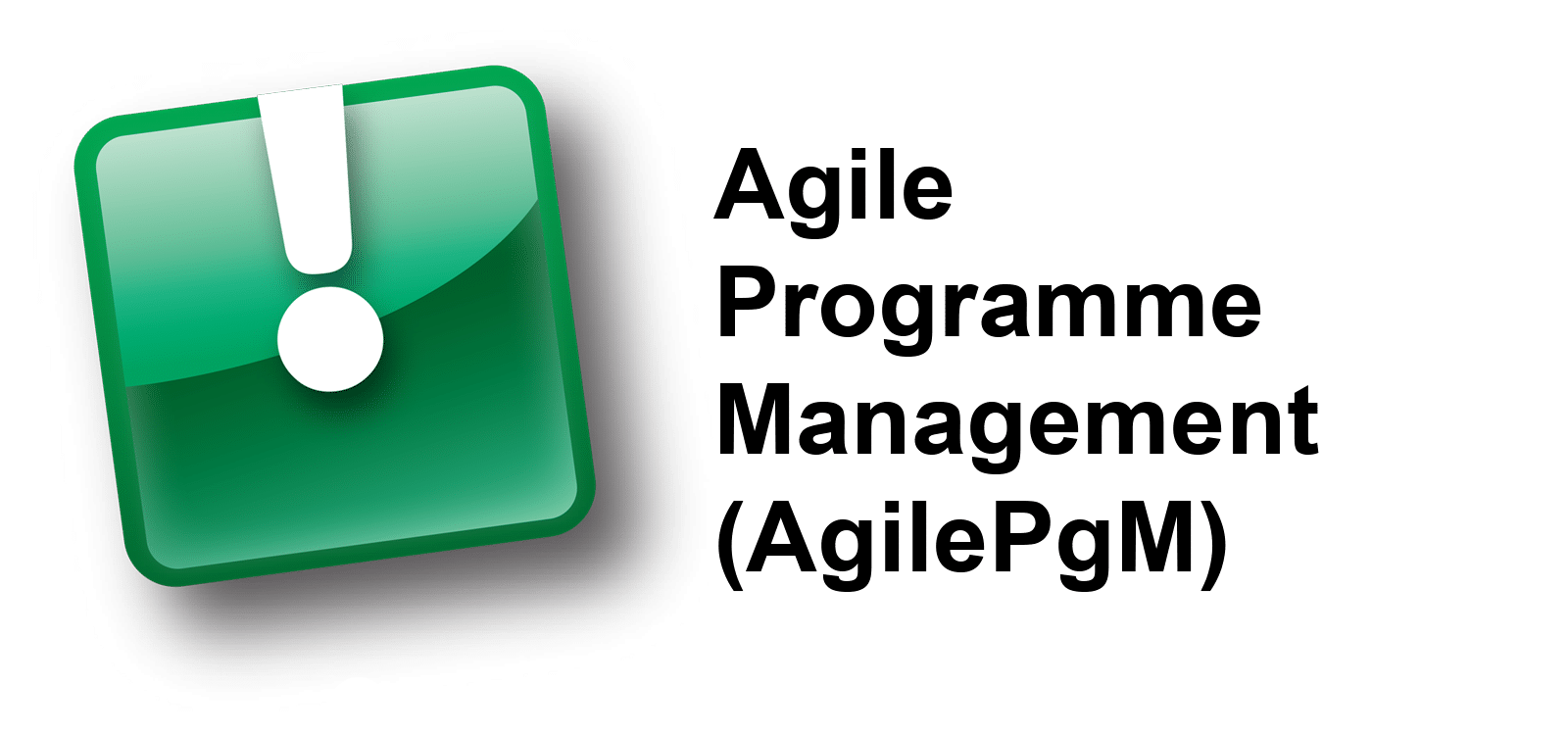
Agile Programme Management (AgilePgM) Foundation
The AgilePgM Foundation training is carried out in the form of lectures and exercises. The practical aspects of the program are conducted in accordance with the AgilePgM methodology. The training teaches you how to manage large-scale programs and initiatives methodically, step by step, to achieve your goals. The emphasis is on applying the methodology in practice and on preparing participants for the AgilePgM Foundation exam.
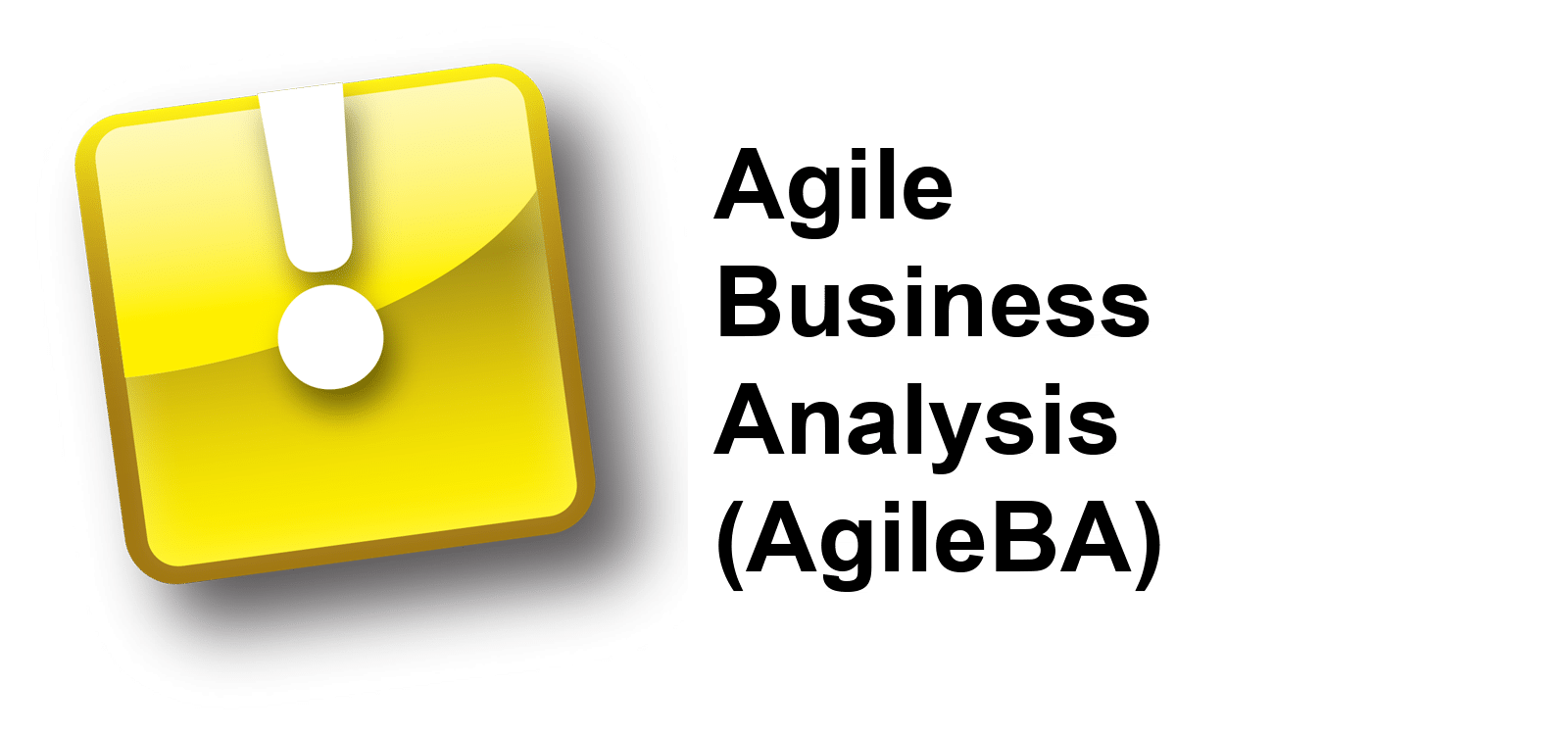
Agile Business Analysis (AgileBA) Foundation
AgileBA Foundation training is carried out in the form of lectures and exercises. Practical aspects of the work of a business analyst who work in a project conducted according to agile management style are discussed. The training is focused on DSDM and AgilePM methods, however, the knowledge contained can be easily adapted to work in the classic Scrum. The emphasis is on applying the methodology in practice and on preparing participants for the AgileBA Foundation exam.
Lean Startup
Playing Lean Business Simulation
Playing Lean Simulation is a “flight simulator” for innovation and Lean Startups. This is a nice board game in which players are forced to make difficult choices, not once risking their life savings or their work. The worst case scenario is a humiliating defeat in the hands of his colleagues, where the beginning seemed very promising.
In Playing Lean, teams compete with each other and try to follow the path from the idea for a business model (product) to winning against the competition. The choices you make during the game are difficult: do you risk and build what seems to be desirable by the market, or maybe it is worth spending funds on market research and analysis to understand the needs of the future consumer? Risk or conduct an examination?
Information Security Management
CISA Exam Prep course
The Certified Information Systems Auditor (CISA) qualification acts as a career differentiator for security professionals or IT managers who wish to enhance their marketability and credibility. This is an ideal path for those looking at a long term career in Information Systems Auditing. This course is highly recommended for IS/IT auditors, IT managers, Audit Managers, Security Managers, System Analysts, Consultants, and even CIOs and CTOs.
CISM Exam Prep course
With a growing demand for people with Information Security (IS) Management skills, CISM has become a leading international IS certification designed for those who manage, design, oversee or assess an organisation’s information security. With a growing demand for people with Information Security (IS) Management skills, CISM has become a leading international IS certification designed for those who manage, design, oversee or assess an organisation’s information security. With a growing demand for people with Information Security (IS) Management skills, achieving CISM status will provide you with wider recognition in the marketplace, as well as increased influence at executive level.
CRISC Exam Prep course
The ISACA Certified in Risk and Information Systems Control (CRISC) qualification is awarded to individuals who identify and manage risks through the development, implementation and maintenance of information systems (IS) controls.
CGEIT Exam Prep course
The ISACA Certified in the Governance of Enterprise IT (CGEIT) qualification is a worldwide symbol of excellence in IT governance. It combines the achievement of passing a comprehensive exam, with recognition of your work, management and educational experience. Achieving CGEIT status will provide you with wider recognition in the marketplace, as well as increased influence at executive level. Launched in 2007, CGEIT is internationally recognised and held by over 5,000 IT professionals worldwide.

